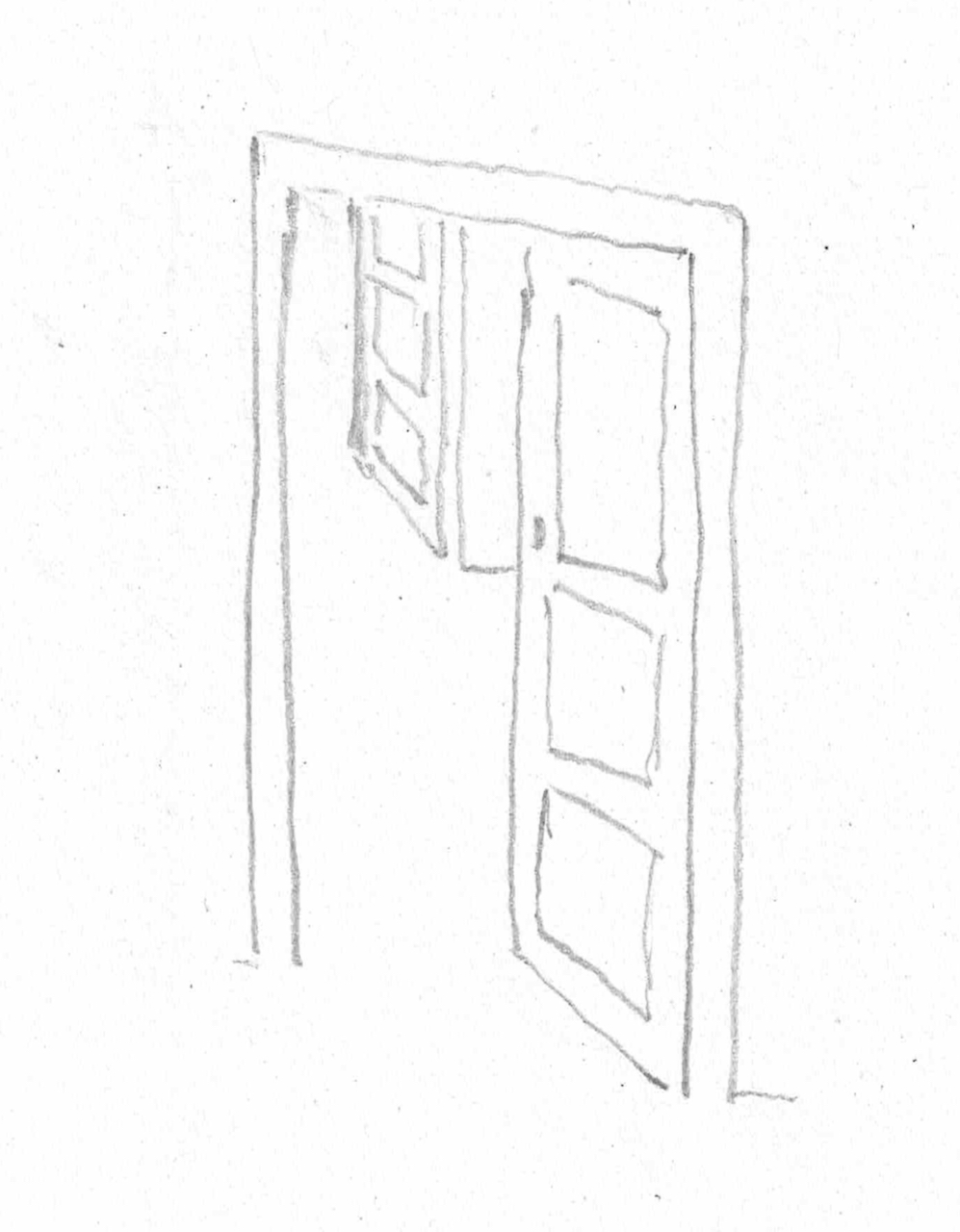 I began to write about politics, since we have an election coming up, but then I thought again. This is supposed to be a music site – I’m a musician and all that – so I should probably leave that stuff alone.
I began to write about politics, since we have an election coming up, but then I thought again. This is supposed to be a music site – I’m a musician and all that – so I should probably leave that stuff alone.
So apart from my instructing you to PUT THE LIBERALS LAST that can be an end of it.*
The cruelty of April is just a thing about which we all know – and recently I read a fabulous book by Matthew Hollis about the composition of The Waste Land that demonstrated most strongly for me the relationship between T. S. Eliot and Ezra Pound and the manner in which they influenced each other. I know of Pound’s contributions to The Waste Land because of the facsimile edition, but this book built on that most effectively and I found it very rewarding. In Melbourne, April was briefly cruel with some unseasonably hot weather, but that was just about all.
Recently I reprised the Later still program in Mornington, because the vicar down there is a very dear friend of mine and invited me to. There is a baby grand piano in the church of St Peter, and she was very glad to have it played. The audience was very small, although not I have to say the smallest to which I have ever performed, that honour going to some Monday evening at Bennetts Lane in the 1990s, but its members seemed to love what was dished up, and told me so. Afterwards I was quizzed by an audience member about my process because, she said, ‘I’ve never heard anything like that before.’ To have listeners so receptive to the unfamiliar is a prize the value of which cannot be adequately estimated. I spoke about improvisation, about drawing the music from your first idea, whatever that is, trying to have it relate appropriately to the next idea, and then eventually having bits of the piece to which you are proceeding make appearances in the texture.
The thing about playing a program again that has been recorded is that the recording has become a reference. All we say about the artefact, the result of process becoming the product, all that is manifestly true of the recording, particularly I think when it has been duplicated and released to the public. So I have to admit that on the way down to Mornington, I listened to Later still in the car.
When you hear something that you’ve done it’s complicated. You might like it – I mean someone once said (it might even have been Keith Jarrett, unless I’m mis-remembering) that listening to your own music is okay because that’s the way you wanted it to sound, so of course you’ll be pleased to hear it. Then again you might only hear the bits that you wish you’d done differently, hear possibilities later that you didn’t apprehend in the moment of performance. You might dislike the sound the engineer made with your instrument, or you might actually dislike the instrument itself (this is trickier for piano players, since they don’t carry their instruments around with them).
Listening to Later still in the car, I heard procedures that I was pleased with, shapes I thought worked well, and when the written segments appeared they felt earned. I actually really like the instrument too, Niko Schauble’s Pfeiffer. But at the same time whatever satisfaction I had with the recording had to be surrendered because I was about to deliver it again and I never, ever want to repeat myself in these situations. If I went for ‘something like what’s on the record’ it could only come out as washed out, colourless, slightly boring, because it’s aiming for something it can’t be. One needs to try every time to start from where one is, and that can’t be where the record just had you. Finding the space in which to hear the first idea, and then to be able to focus entirely on it, and let it lead, is the key here.
I don’t tire of delivering these church programs, and it’s particularly fitting that I am able to perform them in so many churches. I may be back in Mornington for the Christmas program towards the end of the year, so please keep your ear out.
Anyway, that’s April. Next comes May, which hopefully commences with us handing Dutton his arse in a basket.**
* Sorry, it actually isn’t.
** Told ya.
28/iv/2025
